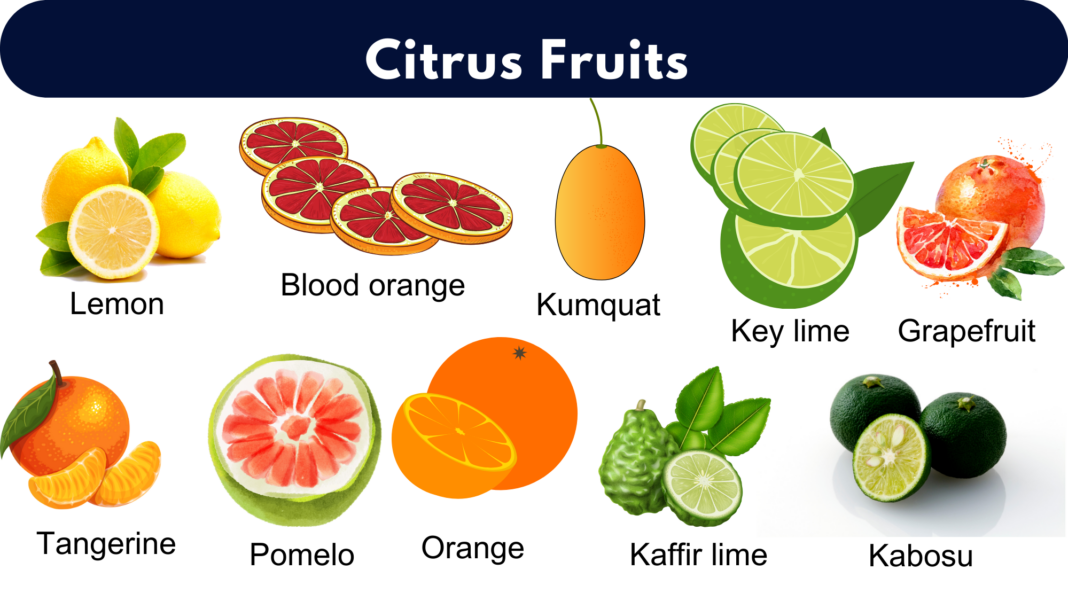If you’ve never heard of žižole, you’re in for a delightful surprise. Also known as jujube or Chinese date, this small, round fruit is native to Asia and has been cherished for centuries for its unique flavor and impressive health benefits.
What Exactly Are Žižole?
Žižole, scientifically named Ziziphus jujuba, is a fruit-bearing tree that thrives in warm climates. The fruit resembles a small apple or olive, with a sweet taste that intensifies as it ripens. In its dried form, it takes on a chewy texture similar to dates, earning it the nickname “Chinese date.
A Nutritional Powerhouse
Packed with essential nutrients, žižole are more than just a tasty treat. Here’s why they deserve a spot in your diet:
- Rich in Vitamin C: Supports a healthy immune system and promotes skin health.
- High in Fiber: Aids digestion and helps maintain a healthy gut.
- Contains Antioxidants: Protects cells from oxidative stress and may reduce inflammation.
- Low in Calories: Makes for a guilt-free snack option.
Health Benefits Backed by Tradition and Science
For over 4,000 years, žižole have been used in traditional medicine across Asia. Modern research supports many of these uses:
- Improved Sleep Quality: Studies suggest that žižole may help alleviate insomnia and promote restful sleep.
- Digestive Health: Their high fiber content can aid in relieving constipation and promoting regular bowel movements.
- Anxiety Reduction: Some research indicates that žižole may have mild sedative effects, helping to reduce anxiety levels.
- Cancer Prevention: Preliminary studies have shown that compounds in žižole might inhibit the growth of cancer cells.
How to Enjoy Žižole
Žižole can be consumed in various forms:
- Fresh: Enjoy them as a sweet snack.
- Dried: Add to cereals, salads, or eat on their own.
- Juice: Refresh yourself with a glass of jujube juice.
- Tea: Brew a calming cup of jujube tea.
- Culinary Uses: Incorporate into desserts, jams, or savory dishes for added flavor.
Growing Your Own Žižole
Cultivating a žižole tree can be a rewarding experience. Here’s how to get started:
- Climate: Prefers warm, dry climates.
- Soil: Thrives in well-drained, sandy soil.
- Watering: Requires minimal watering once established.
- Sunlight: Needs full sun exposure for optimal growth.
With patience, you can enjoy homegrown žižole in a few years.
Where to Find Žižole
While žižole might not be available in every local market, you can find them:
- Asian Grocery Stores: Look for dried jujube fruits.
- Health Food Stores: Some carry jujube products like teas or supplements.
- Online Retailers: Websites specializing in exotic fruits or herbal products.
Final Thoughts
Žižole are more than just an exotic fruit; they’re a testament to nature’s ability to provide both flavor and function. Whether you’re seeking a nutritious snack, a natural remedy, or a new plant to cultivate, žižole offer something for everyone. So, why not give them a try and experience the magic of žižole for yourself?



